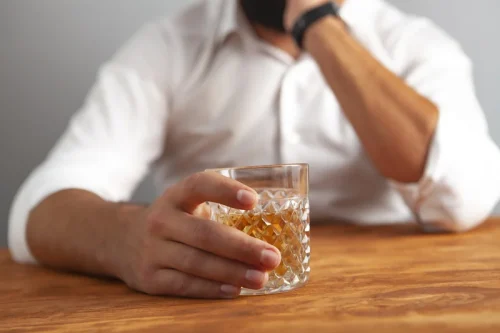
If you drink a lot, you might notice heart symptoms that seem to be worse—like palpitations and higher blood pressure—when you first stop drinking. But alcohol can contain a lot of unexpected calories—some drinks more than others. For instance, a beer can have about 150 calories, a glass of pinot noir would have about 120 calories, and a frozen pina colada can have about 245 calories. So, depending on how much you typically drink on a daily basis, cutting that out might simply mean you’re taking in fewer calories. For others, it’s their careers that have taken a hit due to the effects of their drinking. And for others it’s a combination of factors that motivates their move to sobriety.
- Research has also shown that taking a month-long break from alcohol can be good for the liver.
- Celebrate your successes, no matter how small they may seem, and don’t be too hard on yourself if you experience setbacks.
- What small step can you take today to start building a healthier relationship with alcohol?
- Furthermore, brain plasticity can be utilized to foster healthy behaviors that support recovery from alcohol use disorder (AUD).
- Here are some nuggets to think about if you’d like to consider taking a break from drinking.
- I know that I had several starts, stops, and bouts of questioning if this was the right decision for me.
What happens when you stop drinking alcohol completely?
Acknowledge the craving, but remind yourself of your goals and reasons for cutting back. When you quit drinking alcohol, there isn’t any way around feeling like you’re missing something. Talk with a healthcare professional if you’re concerned you may experience detox symptoms when quitting drinking or cutting back. Understanding brain plasticity is crucial for those Substance abuse recovering from alcohol addiction.
- In your mind, sobriety means giving up a large part of this social life and all of the people you drink with.
- Discover the role of physiological dependence in addiction and unlock paths to recovery.
- This may include psychotherapy and/or medications to reduce cravings and improve their ability to reduce or stop drinking.
Pursue creative hobbies or learn new skills
Alcohol use disorder (AUD) is a substantial public health concern. Additionally, 47.5% of individuals in this same demographic reported consuming alcohol in the last month. Alcohol cravings are an inevitable part of detoxing and getting sober. When those cravings kick in, it’s normal to feel anxiety, fear or shame.
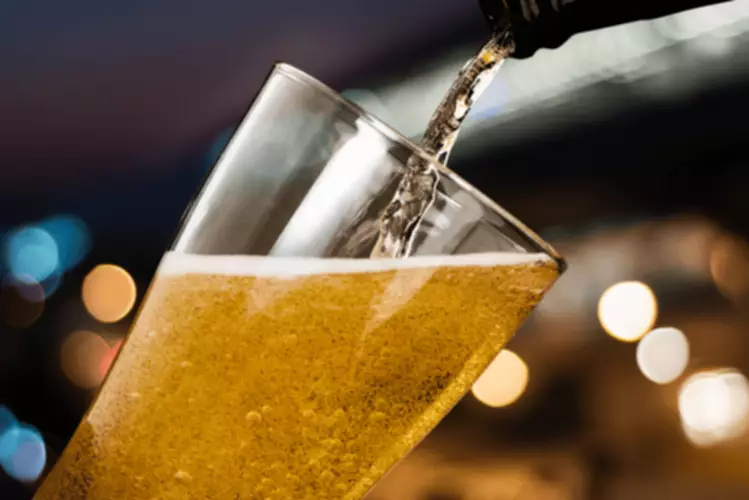
Taking a Break From Alcohol: Suggestions for 30 Days
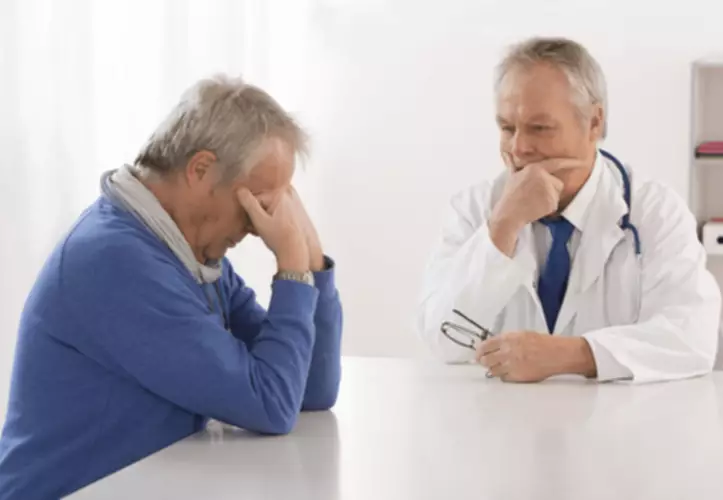
I use writing as my personal therapy when something is troubling me and I need to think. For example, one of my worst habits was needing to have a drink in my hand. I tried to replace it with water, but it was too easy to drink quickly and lacked flavor. On the morning of Dec 23, 2013, after another night of heavy drinking and reckless behavior, I finally admitted to myself that I had a drinking problem.
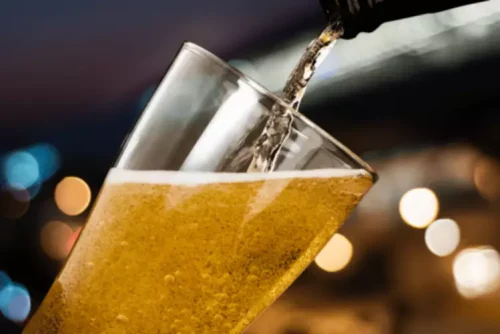
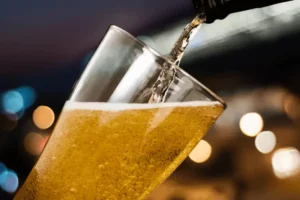
This withdrawal can be physical, mental, or psychological; your level of alcohol dependence will determine the type and severity of your withdrawal symptoms. Fortunately, there aren’t any alcohol withdrawal symptoms that are life-threatening or even need medical supervision. Whether you’re struggling or just want some extra guidance, consider reaching out for support from professionals who are trained in addiction treatment. Family and friends can provide encouragement and support when you stop drinking.
Get clear on your goals and your motivation
High-risk drinkers may require medical support for better outcomes with less withdrawal symptoms. Talk with your primary care provider about resources to help you meet your goal. If you do want an evening drink, good sleep hygiene dictates you avoid alcohol three hours before bedtime. Medications like Naltrexone, Acamprosate, and Disulfiram are approved in the United States and can aid individuals in reducing their alcohol consumption or stopping altogether. When paired with professional treatment led by healthcare providers, mutual-support groups like Alcoholics Anonymous serve as a valuable resource for enhancing recovery 3. Understanding these statistics highlights the urgency of addressing alcohol use disorder, and the subsequent need for effective strategies and support systems.
Prepare for potential alcohol detox
- Breaking the booze habit, whether it’s for 30 days or longer, has its benefits.
- And the benefits of sobriety might be years, not months, down the road.
- Addressing alcohol addiction requires understanding available options and the importance of support systems.
However, if you’re concerned you may have an addiction to alcohol, it’s best to speak with your doctor or another licensed professional to get adequate advice on what to do. With the recent popularization of 30-day challenges like Dry January and Sober October, people are beginning to recognize that there can be benefits to cutting out alcohol for a period of time. But if you’re new to sober curiosity, you may not know where to begin thinking about your relationship with alcohol. If someone has been drinking heavily and regularly for some time, their body can become dependent on alcohol. If they stop drinking, they develop symptoms of alcohol withdrawal, which include muscle shaking, sweating, headaches, sensitivity to light or sound, and nausea. Individuals at risk for or experiencing alcohol withdrawal should seek medical help.
I know that I had several starts, stops, and bouts how to take a break from drinking of questioning if this was the right decision for me. I personally used to worry that I wouldn’t be strong enough to stay sober. Take the free Drinking Check to understand more about how much alcohol you’re drinking and receive personalised results and guidance on how to cut back if you need to. It’s possible to develop a better relationship with alcohol and make more mindful, informed choices about drinking without total sobriety. What’s most important is to look at your drinking habits and find a way to cut back that works for you. If you have been a frequent user of alcohol, you may need to have a physical and consult with a physician about the possibility of experiencing withdrawal symptoms while abstaining from alcohol.
